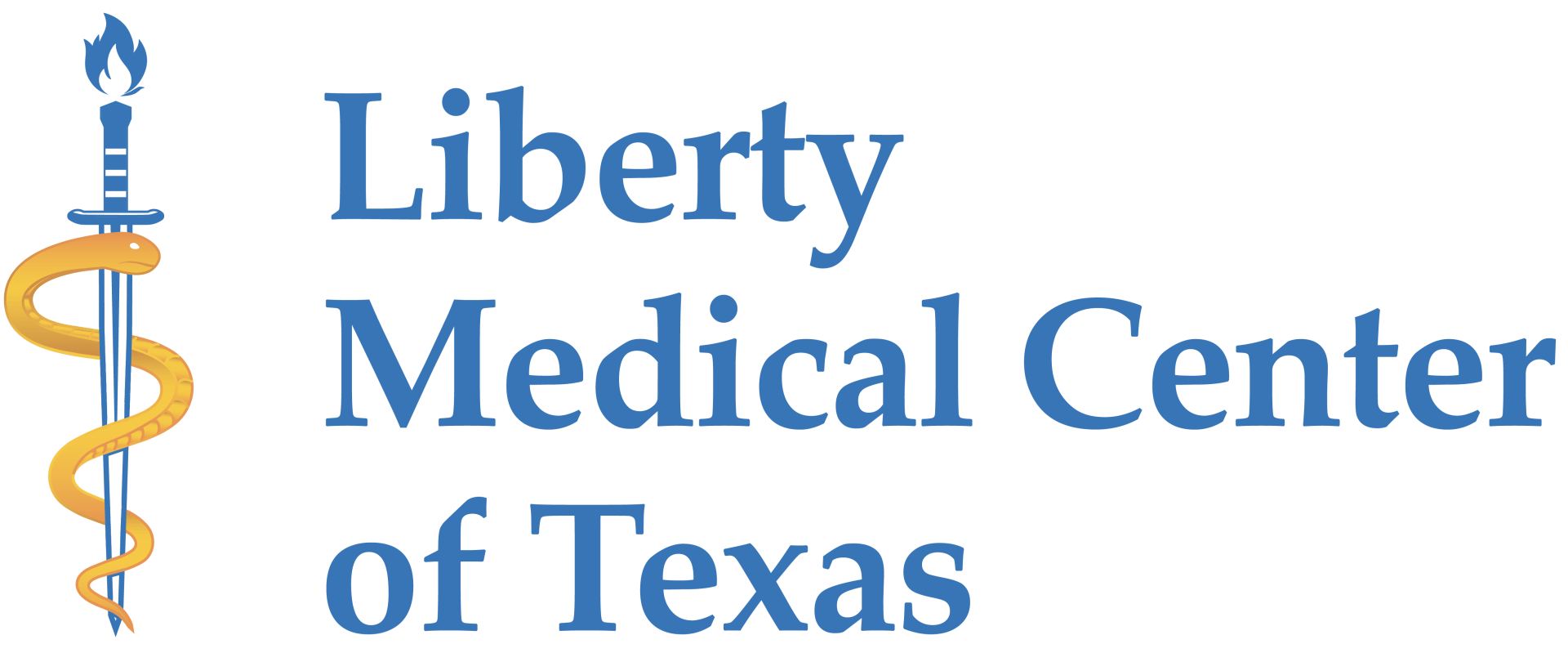 Flags-In 2022
Flags-In 2022
Female Veterans and Mental Health
by Francine Brie
Female veterans have a unique set of challenges that can affect mental health in addition to the challenges faced by their male counterparts. Resources such as health coverage and therapy are readily available to most veterans and you may be approved for the quicker treatment if you are a survivor of Military Sexual Trauma or are suffering from PTSD. Hopefully this article will serve as a resource guide and offer you a starting point to get help.
One in three female Veterans reports having experienced Military Sexual Trauma, also known as MST, compared to one in fifty male veterans according to an MST Fact sheet released in 2021 by mental.health.gov. Military Sexual Trauma can be the cause of other mental health issues such as eating disorders or PTSD and can serve as the catalyst for years of anxiety, nightmares and depression.
Concussions experienced by members of the active military while on duty are already different to those from non-combat situations given the level of stress the brain and body are undergoing at the time. Additionally, new evidence is arising that women have a higher risk for long-term harm from concussions, as reported by Dr. Martina Anto-Ocrah in a recent scientific publication. Prolonged concussion symptoms can include headache, tinnitus, memory and attention issues, and increased depression or anxiety.
Women veterans are also at high risk of Post Traumatic Stress Disorder, or PTSD, which can be caused by MST, IED Blast, and combat experiences. Symptoms to look for are avoiding triggers, increased anxiety, and/or being hyperaware. It’s important to note that PTSD can develop immediately after a traumatic event or years after, there is no time limit.
The effects of all of these can be long lasting and affect other areas of veterans’ lives; they are also just a few of the things women veterans have an increased probability of experiencing when compared to their male counterparts and the general population. Fortunately, many resources are available to those who want to seek help.
Please do not hesitate to reach out and seek medical attention from credible sources such as LMC. Free mental and medical healthcare for MST related issues are offered at VA Medical Centers and VA community-based outpatient clinics located across the country. For more information on available services, check out the MST page on WomensHealth.va.gov. Trauma focused therapy, medication to assist in balancing the chemicals in your brain, and peer specialists who recovered from PTSD are all options to help with PTSD. You can also visit the Liberty Medical Center website for additional mental health help and resources.
by Francine Brie
Female veterans have a unique set of challenges that can affect mental health in addition to the challenges faced by their male counterparts. Resources such as health coverage and therapy are readily available to most veterans and you may be approved for the quicker treatment if you are a survivor of Military Sexual Trauma or are suffering from PTSD. Hopefully this article will serve as a resource guide and offer you a starting point to get help.
One in three female Veterans reports having experienced Military Sexual Trauma, also known as MST, compared to one in fifty male veterans according to an MST Fact sheet released in 2021 by mental.health.gov. Military Sexual Trauma can be the cause of other mental health issues such as eating disorders or PTSD and can serve as the catalyst for years of anxiety, nightmares and depression.
Concussions experienced by members of the active military while on duty are already different to those from non-combat situations given the level of stress the brain and body are undergoing at the time. Additionally, new evidence is arising that women have a higher risk for long-term harm from concussions, as reported by Dr. Martina Anto-Ocrah in a recent scientific publication. Prolonged concussion symptoms can include headache, tinnitus, memory and attention issues, and increased depression or anxiety.
Women veterans are also at high risk of Post Traumatic Stress Disorder, or PTSD, which can be caused by MST, IED Blast, and combat experiences. Symptoms to look for are avoiding triggers, increased anxiety, and/or being hyperaware. It’s important to note that PTSD can develop immediately after a traumatic event or years after, there is no time limit.
The effects of all of these can be long lasting and affect other areas of veterans’ lives; they are also just a few of the things women veterans have an increased probability of experiencing when compared to their male counterparts and the general population. Fortunately, many resources are available to those who want to seek help.
Please do not hesitate to reach out and seek medical attention from credible sources such as LMC. Free mental and medical healthcare for MST related issues are offered at VA Medical Centers and VA community-based outpatient clinics located across the country. For more information on available services, check out the MST page on WomensHealth.va.gov. Trauma focused therapy, medication to assist in balancing the chemicals in your brain, and peer specialists who recovered from PTSD are all options to help with PTSD. You can also visit the Liberty Medical Center website for additional mental health help and resources.
To become a member and receive our services, please apply on our Liberty Medical Center of Texas Form and learn more about how we can help you today.

